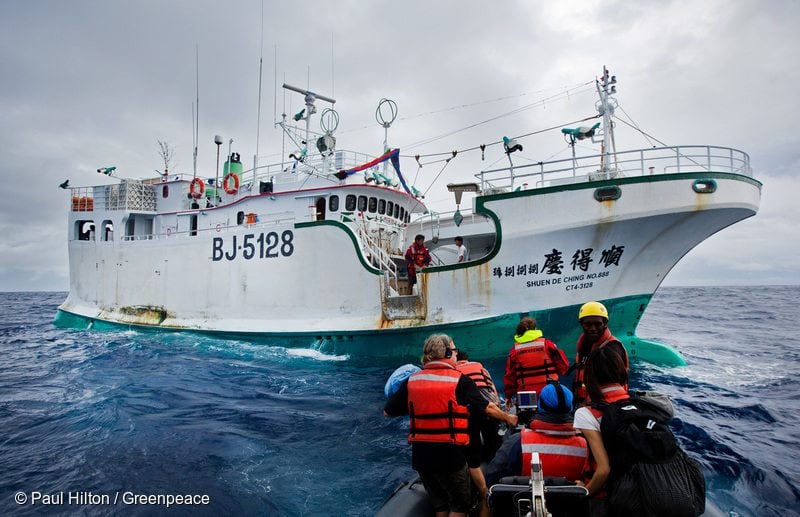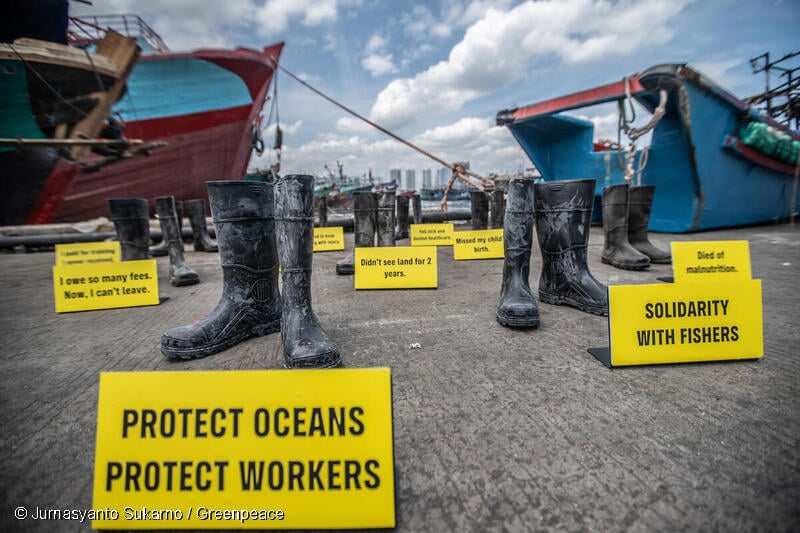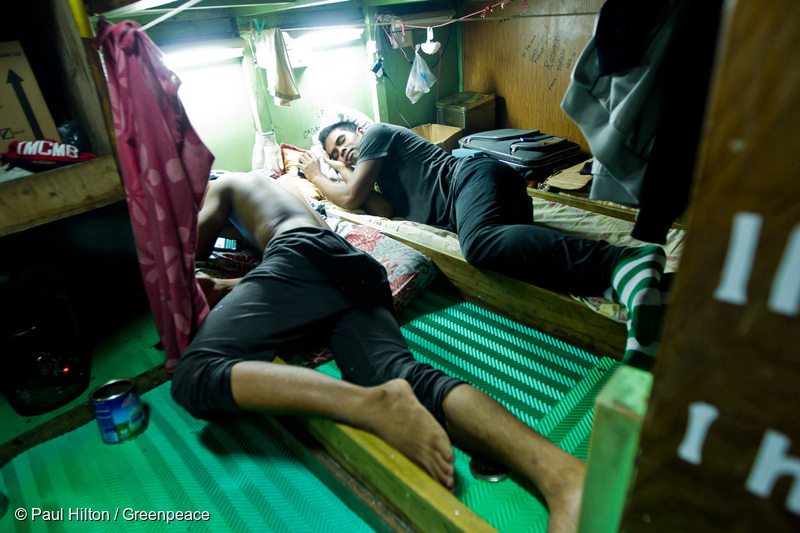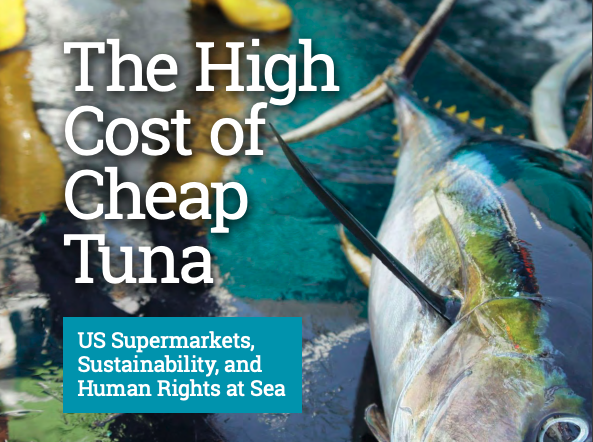Representative Jared Huffman, along with 21 congressional colleagues, publicly called on President Biden to take decisive action against illegal fishing and human rights abuses in the expansive seafood supply chain. The open letter cites recent investigations that uncovered alarming human rights abuses within the labor force of several companies supplying Sysco Corporation. Sysco, a global giant in food distribution and supply, caters to a wide array of clients, including various branches of the US government, from federal offices to educational institutions.

Representative Jared Huffman, along with 21 congressional colleagues, publicly called on President Biden to take decisive action against illegal fishing and human rights abuses in the expansive seafood supply chain. The open letter cites recent investigations that uncovered alarming human rights abuses within the labor force of several companies supplying Sysco Corporation. Sysco, a global giant in food distribution and supply, caters to a wide array of clients, including various branches of the US government, from federal offices to educational institutions.

Washington, DC (January 12, 2024)–Representative Jared Huffman, along with 21 congressional colleagues, publicly called on President Biden to take decisive action against illegal fishing and human rights abuses in the expansive seafood supply chain. The open letter cites recent investigations that uncovered alarming human rights abuses within the labor force of several companies supplying Sysco Corporation. Sysco, a global giant in food distribution and supply, caters to a wide array of clients, including various branches of the US government, from federal offices to educational institutions.
Sysco has taken some steps to address the situation, such as promising to cut ties with one such named company, the Chishan Group. However, the congressional leaders voiced concerns about the adequacy of the company’s response to address the other corporate entities implicated in forced labor and illegal, unreported, and unregulated (IUU) practices in its supply chain.
John Hocevar, Greenpeace USA’s oceans campaign director, said: “The US is one of the largest consumers of seafood in the world, and the government has a responsibility to ensure that forced labor and environmental damage are not part of the supply chain for getting seafood onto US plates. Greenpeace USA supports Representative Huffman’s call to the Biden administration to prohibit the Federal Government from acquiring or obtaining any seafood product from companies with substantiated connections to IUU fishing or forced labor, including prohibiting entering into, extending, or renewing contracts with entities involved in the importation or distribution of seafood products produced through IUU fishing or forced labor. We also encourage a whole-of-government approach to addressing IUU fishing and forced labor. This should include prompt and decisive action by US agencies, such as US Customs and Border Protection and the Departments of Treasury and State, on petitions related to these issues in the global seafood supply chain, such as Withhold Release Orders.”
Multiple reports from the Greenpeace network and other NGOs have shown that illegal fishing, human rights abuse, and forced labor are pervasive in the seafood industry across companies and countries. Greenpeace USA has urged the Biden administration to take robust measures to address these concerns, emphasizing the need for proactive steps to safeguard against the environmental and ethical repercussions associated with the seafood supply chain.
###
Greenpeace USA is part of a global network of independent campaigning organizations that use peaceful protest and creative communication to expose global environmental problems and promote solutions that are essential to a green and peaceful future. Greenpeace USA is committed to transforming the country’s unjust social, environmental, and economic systems from the ground up to address the climate crisis, advance racial justice, and build an economy that puts people first. Learn more at www.greenpeace.org/usa.



